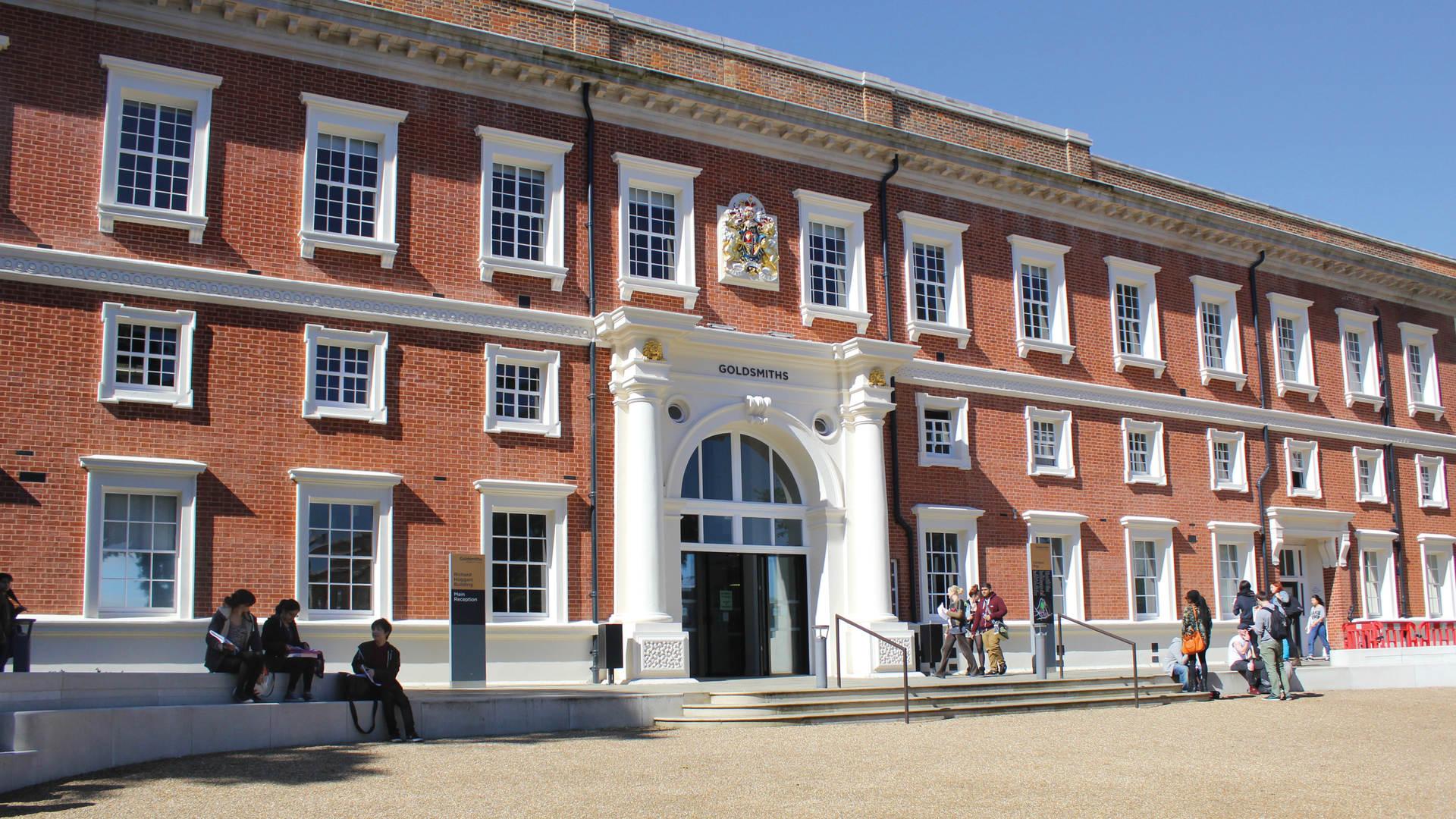Course information
Department
Length
2 years full-time, or 1 year full-time for the PGDip
Course overview
The MSc Cognitive Behavioural Therapy (CBT) aims to provide students with a structured training where students can systematically acquire the knowledge and skills needed to practice as a Cognitive Behavioural Therapist.
- On the course, students will be able to progressively build their confidence and competence to take them from a novice to skilled practitioner equipped to work towards accreditation with the BABCP (for the PGDip route) and BACP (for the MSc route) dependant on their individual experience.
- Uniquely on this course, students will be strongly encouraged to evaluate Cognitive Behavioural theory and practice, which will include an emphasis on understanding the relationship of CBT to other psychotherapeutic modalities and on the tailoring of interventions to individual needs. As such this training in CBT is presented within a broader framework of critical and positive psychology.
- The course also aims to develop students' understanding of the impact of contextual and structural factors, particularly in terms of the impact of inherent power differentials, upon the formation and resolution of individual psychological difficulties. This also includes the influence of contextual factors upon the practice of CBT itself and the examination of the way in which CBT can contribute to the prevention and amelioration of the negative impact of these.
- As such particular focus is given to developing a flexible and creative approach to the practice of CBT to effectively respond to individual, social and cultural diversity. In addition the course seeks to broaden the focus of understanding away from only addressing psychopathology to a broader view of the practice of CBT that includes the optimisation of individual well-being.
Fitness to train
- Applicants to therapeutic studies programmes are asked to disclose any criminal record, disciplinary record, significant periods of time off work and significant health problems in writing after interview. If we wish to make an applicant an offer of a place on the course, an anonymised version of the applicant’s written disclosure will be reviewed by a panel which considers the applicant’s suitability for therapeutic studies training. This process is additional to normal 'fitness to train' processes.
Placement
- Placement work is at the core of our CBT training programme. Students are expected to start their placement work as soon as possible in their first year and the clinical hours required each year will vary between the PGDip or MSc reflecting differences in BABCP and BACP training requirements. Supervision will be provided in placement and must meet the criteria set by the BABCP for PGDip students and BACP for MSc students.
Course length
MSc Cognitive Behavioural Therapy
2 years full-time
PGDip Professional Route
1 year full time (no part-time option)
Contact the department
If you have specific questions about the degree, contact Nicola Walker.




